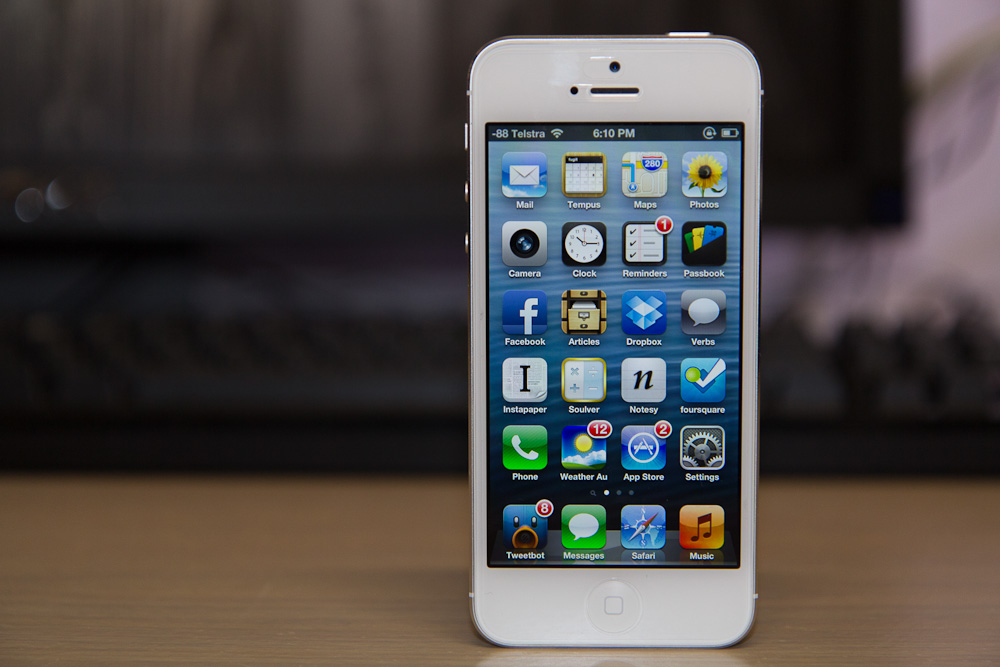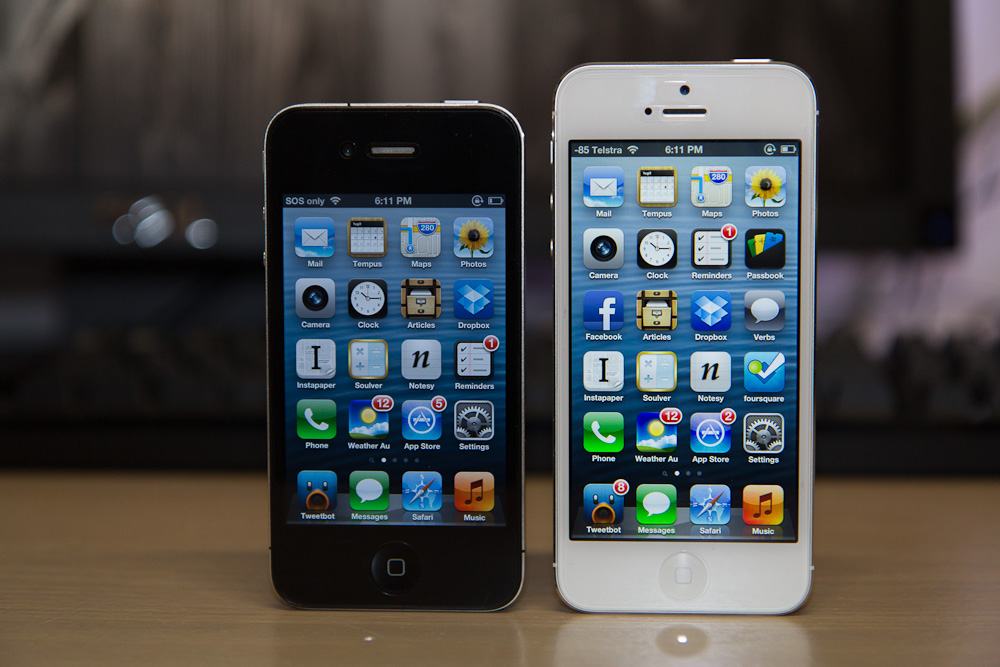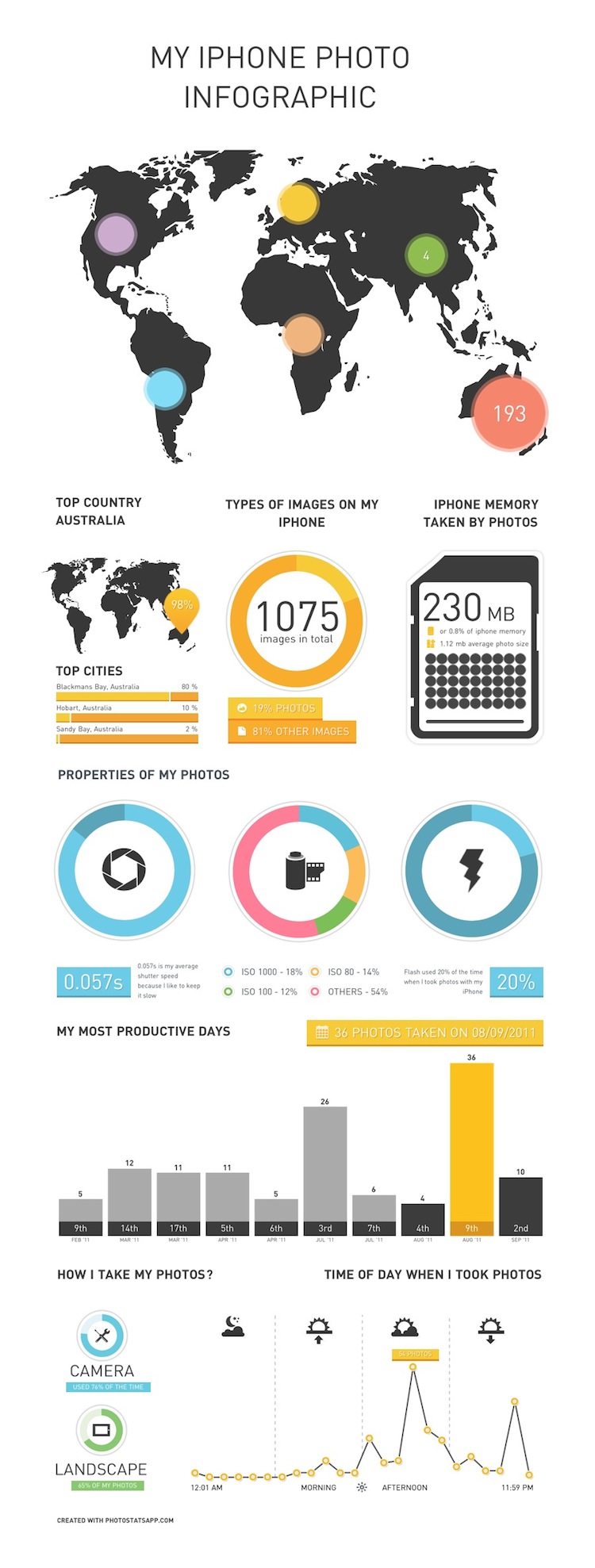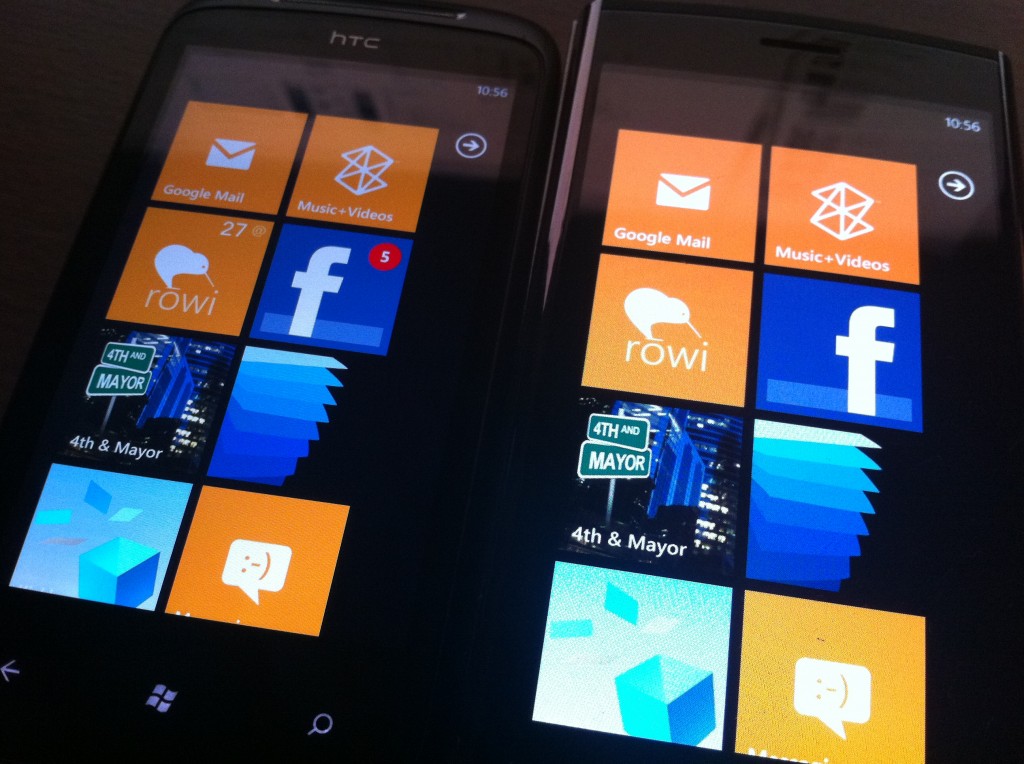A few weeks before the iPhone 5 was even announced, before all the rumours, part leaks, before all of that, I wondered what I was going to do with my old iPhone 4.
See, I’m on the “good” iPhone cycle: my first iPhone was the 3G, then the 4, and now, the 5. I skipped the first iPhone due to it not being available in Australia, skipped the 3GS due to still being on a contract, and skipped the 4S for the same reason.
For many, this two-year contract cycle is nothing new, the natural progression of things if you’re not a compulsive upgrader, and/or don’t have the funds to buy a new iPhone every year.
In any case, as I pondered what I was going to do with my old iPhone, it dawned on me: why not sell it off and use another phone I had lying around? As I dwelled on this, it began to make more and more sense; by selling the two-year-old iPhone 4 off, I’d get a few dollars more than I would have if I sold it off after the release of the iPhone 5.
Question my committal if you want, but as a test, I pulled out my trusty old Nexus S to see how I’d fare using Android for a few weeks. Jelly Bean had just just been released, you see, and now was as good a time as any to test the latest and greatest Android release, on hardware around the same age as my iPhone 4.
This was my first mistake.
It’s not that I hate Android. Really, it’s not. It’s just that, for me personally, Android doesn’t quite gel as much as iOS does. Things are less fluid. Third party app quality just isn’t there.
But like any curious and “bored with iOS” technology enthusiast, I forged on.
This was my second mistake. For two weeks, it was nothing but constant grating. Me constantly fighting the OS on what I wanted to do versus what it allowed me to do. I’d imagine my experiences with Android during the few weeks of pain would have been an approximation of an abusive relationship of some kind.
Sure, it was stable enough. I only saw a few crashes here and there, mostly from apps labelled as beta in the Play Store. Sure, there were apps available for all the popular things I used on iOS: Twitter, Instagram, Instapaper, and even a Dropbox-syncing, Markdown-supporting, plain text editor.
But the thing is, it’s been a year since I last looked at Android, and I found myself going back to the same apps I used last time around, simply because no better alternatives exist. Actually, that’s not entirely true: there’s now and official Instapaper client for Android. Other than that, the Android app landscape is blacker than black. Where are all the good quality apps?
Suffice to say, my Android experience, Jelly Bean and all, was pretty bad. Two weeks later (I had originally planned to stick it out for at least a couple of months, until the iPhone 5 was out), I was crawling back to my iPhone 4 and begging it to take me back.
In some ways, Android reminds me of the desktop Linux experience. It has its advantages, but probably won’t ever reach mass popularity with non-technology-minded people due to inherent issues with the ecosystem and how things work. Unless its locked down and given a stern talking-to, developers won’t be attracted to it anytime soon. And that means it will stagnate.
But enough about Android and mediocre software experiences combined with stellar hardware specs packaged in the cheapest plastic you’ve ever felt. I’ve since sold off my Nexus S and have acquired the iPhone 5.
It’s amazing.
Thinner. Lighter. Faster. All these verbs are true of the iPhone 5, but I still want to talk about three main aspects which make it all worth it.



